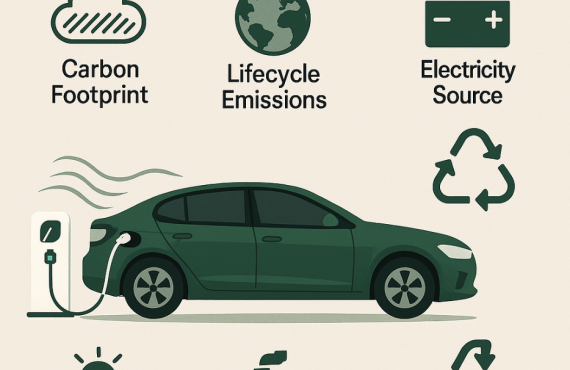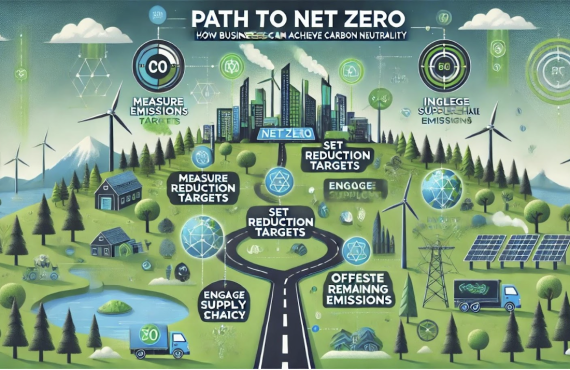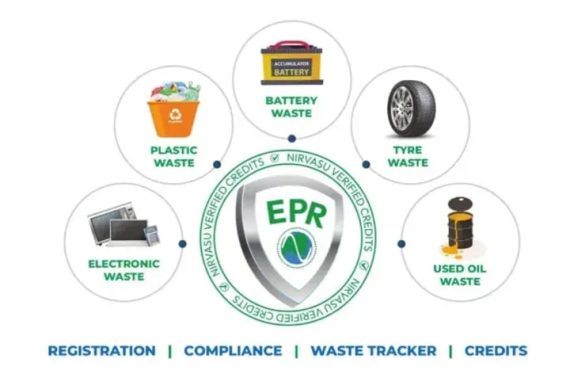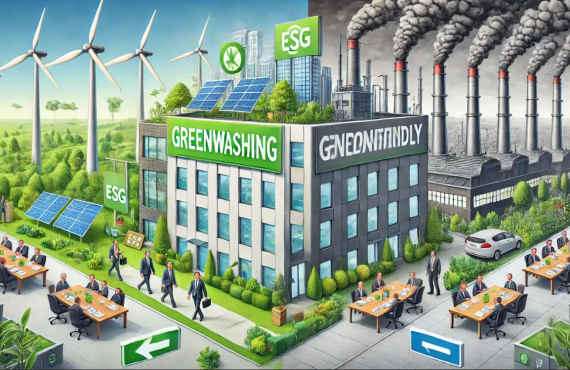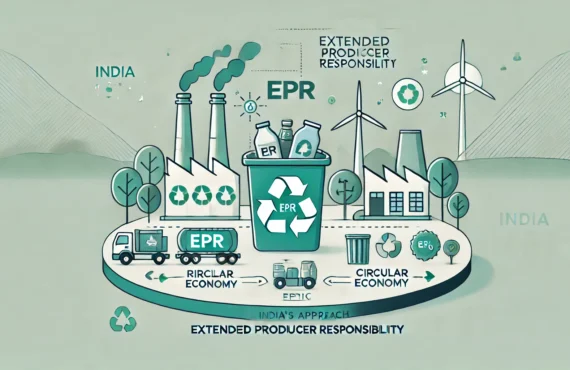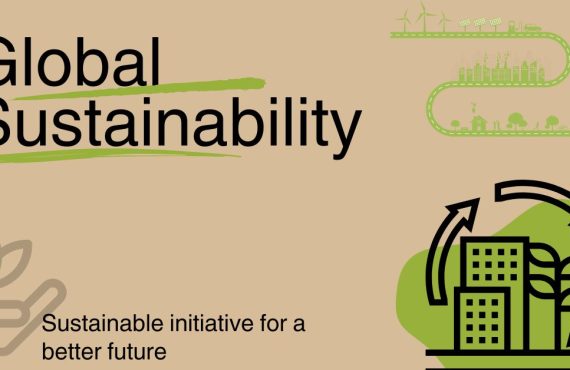Introduction: The Net Zero Imperative
Achieving Net Zero emissions is more important than ever. Climate change poses serious threats to our planet, prompting governments and businesses to adopt sustainable practices. Recently, the White House Council on Environmental Quality (CEQ) announced that 11 new countries have joined the Net-Zero Government Initiative (https://www.whitehouse.gov/ceq/news-updates/2023/12/08/ceq-announces-new-net-zero-government-initiative-countries-joining-u-s-to-cut-climate-emissions-from-government-operations/). This initiative aims to reduce climate emissions from government operations, setting a path towards net zero emissions by 2050. Such collective action highlights the need for international cooperation in tackling climate challenges and emphasizes the role of governments in leading by example.
The commitment to Net Zero is not just a government responsibility; it also involves businesses, especially smaller ones, which contribute to 50% of all UK business-driven emissions. According to a report by the British Business Bank (https://www.british-business-bank.co.uk/business-guidance/guidance-articles/sustainability/net-zero-how-being-carbon-neutral-can-help-your-business-grow), while 57% of smaller businesses are aware of the 2050 target, many have not yet adopted effective decarbonization strategies. Barriers like costs, lack of technology, and insufficient information hinder progress. This gap must be addressed to meet our climate goals.
Understanding Net Zero: What It Means and Why It Matters
Understanding Net Zero is crucial in today’s climate-conscious world. The term refers to balancing the greenhouse gases emitted into the atmosphere with those removed. This balance is vital for fighting climate change and ensuring a sustainable future. The goal of reaching net zero emissions by 2050 has gained global traction, with many countries and organizations committing to this target. For example, the White House Council on Environmental Quality (CEQ) (https://www.whitehouse.gov/ceq/news-updates/2023/12/08/ceq-announces-new-net-zero-government-initiative-countries-joining-u-s-to-cut-climate-emissions-from-government-operations/) recently announced that 11 new countries are joining the Net-Zero Government Initiative, which aims to cut climate emissions from government
operations. This initiative underscores the importance of international cooperation in addressing climate challenges and highlights the role of governments in leading by example.
The significance of achieving net zero cannot be overstated. Climate change is one of the mostpressing issues facing humanity, with its impacts felt worldwide. According to the British Business Bank (https://www.british-business-bank.co.uk/business-guidance/guidance-articles/sustainability/net-zero-how-being-carbon-neutral-can-help-your-business-grow), smaller businesses account for 50% of all UK business-driven emissions. This statistic emphasizes the need for collective action across all sectors, particularly from smaller enterprises, to reduce greenhouse gas emissions and transition towards sustainable practices. Despite awareness of the 2050 net zero target, many smaller businesses have yet to implement decarbonization strategies due to barriers such as costs and lack of technology.
Global Efforts Towards Net Zero: The Paris Agreement and Beyond
Global efforts to achieve Net Zero emissions have gained significant momentum, particularly through initiatives like the Paris Agreement. This landmark accord, adopted in 2015, set a global framework for countries to combat climate change by limiting global warming to well below 2 degrees Celsius, with an aspiration to limit the temperature increase to 1.5 degrees Celsius. The commitment to Net Zero emissions by 2050 is central to this goal, as it aims to drastically reduce greenhouse gas emissions and promote sustainable practices across all sectors.
Recently, the White House Council on Environmental Quality (CEQ) announced that 11 new countries are joining the Net-Zero Government Initiative (https://www.whitehouse.gov/ceq/news-updates/2023/12/08/ceq-announces-ew-net-zero-government-initiative-countries-joining-u-s-to-cut-climate-emissions-from-government-operations/). This initiative is designed to cut climate emissions from government operations, reflecting a collective commitment to environmental responsibility. By aligning their national government operations with the Net Zero target, these countries are setting a precedent for other sectors to follow. The initiative emphasizes the importance of international cooperation in addressing climate challenges and showcases how governments can lead by example in the fight against climate change.
Key Strategies for Reaching Net Zero
Achieving Net Zero emissions is a critical goal for governments and businesses alike, as it plays a vital role in combating climate change and promoting global sustainability. The recent announcement by the White House Council on Environmental Quality (CEQ) highlights the commitment of 11 new countries joining the Net-Zero Government Initiative (https://www.whitehouse.gov/ceq/news-updates/2023/12/08/ceq-announces-new-net-zero-government-initiative-countries-joining-u-s-to-cut-climate-emissions-from-government-operations/). This initiative aims to reduce climate emissions from government operations, setting a path towards net zero emissions by 2050. Such international cooperation underscores the importance of collective action in addressing climate challenges and
emphasizes the role of governments in leading by example.
To effectively reach net zero, businesses can adopt several key strategies:
1. Conduct a Carbon Audit: Understanding current emissions is the first step. A comprehensive carbon audit helps identify major sources of emissions and areas for improvement.
2. Set Clear Targets: Establishing specific, measurable goals for reducing emissions can guide efforts and motivate teams.
3. Invest in Renewable Energy: Transitioning to renewable energy sources, such as solar or wind, can significantly reduce carbon footprints.
4. Enhance Energy Efficiency: Implementing energy-efficient practices and technologies can lower energy consumption and costs.
5. Engage Employees: Involving employees in sustainability initiatives fosters a culture of environmental responsibility and can lead to innovative solutions.
6. Collaborate with Other Businesses: Partnerships can amplify efforts and share resources, making the transition to net zero more manageable.
The Path Forward: Accelerating Progress Towards Net Zero
The journey towards achieving Net Zero emissions is not just a goal; it is a necessity for combating climate change and ensuring a sustainable future. Recent initiatives, such as the Net-Zero Government Initiative (https://www.whitehouse.gov/ceq/news-updates/2023/12/08/ceq-announces-new-net-zero-government-initiative-countries-joining-u-s-to-cut-climate-emissions-from-government-operations/) announced by the White House Council on Environmental Quality (CEQ), highlight the collective commitment of 11 new countries to reduce climate emissions from government operations. This initiative is part of a broader strategy aimed at reaching net zero emissions by 2050, a target that is critical for mitigating the adverse effects of climate change.
The importance of international cooperation cannot be overstated. The collaboration among these countries signifies a unified approach to environmental responsibility, emphasizing that governments must lead by example in the fight against climate change. By adopting sustainable practices, these nations aim to inspire other sectors to follow suit, creating a ripple effect that can significantly impact global emissions.









